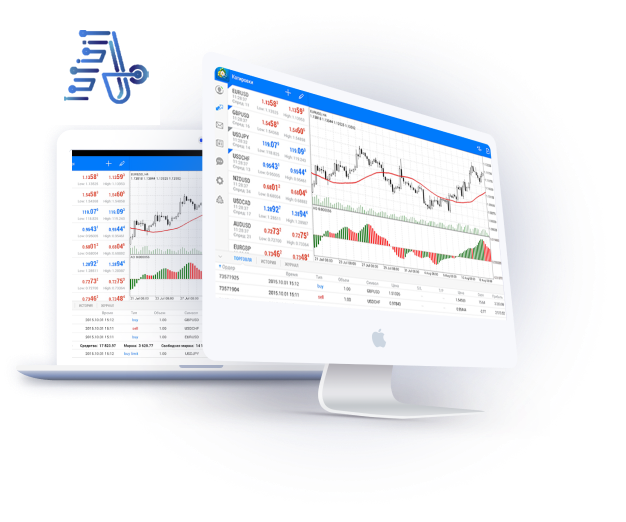Trading Index CFDs Just Got Much Easier
Trade CFDs Across Europe, The Americas, and Asia. Nothing But The Most Popular Indices On AI-FX Trade247 .
Start TradingOur top index CFDs
Why Trade Index CFDs
Great Leverage Rates
1:20 For Retail Clients.
Trade When You Feel Like It
Trade 24 hours a day during business days.
Diversifying Investment Portfolio
Popular trading choices during times of volatility.
Our featured products
UK100
The UK100 is a market-capitalization weighted and float-adjusted stock market index of 100 United Kingdom top-performing companies listed on the London Stock Exchange.
JPN225
The JPN225 (NIKKEI 225 INDEX) index is a market-capitalization-weighted and float-adjusted stock market index of 225 Japanese companies listed on the Tokyo Stock Exchange.
Why AI-FX Trade247
Reliable platform for over 9 years
AI-FX Trade247 has worked with clients from over 20 countries of the European Union.
100+ Trading Instruments
With AI-FX Trade247 you can trade forex, CFDs, futures, shares, spot indices, metals, energies and much more!
MT5 Trading Platform
AI-FX Trade247 gives its clients the chance to trade on the world's most accredited and heavily regulated platform, MetaTrader 5.
High liquidity and fast order execution
99.9% of our orders are executed within 11.06 milliseconds.
24/5 Multilingual Support
Enjoy having 24/5 support with our customer and technical support team that can assist in 5 languages.
Superior Service Provider
AI-FX Trade247 has been recognized as a top performer when it comes to customer satisfaction.

MetaTrader 5
Developed in 2000 by MetaQuotes Software Corporation, the MetaTrader 5 trading platform fast became one of the most popular trading platforms in the world. The MT5 platform is dynamic and user-friendly, providing traders with a powerful range of features and tools.
Still Have Questions About Index CFD Trading?
If you have questions in regards to Index CFD trading then we have all the answers! Feel free to check out our FAQ or contact our customer support team that will gladly answer any questions you have.




